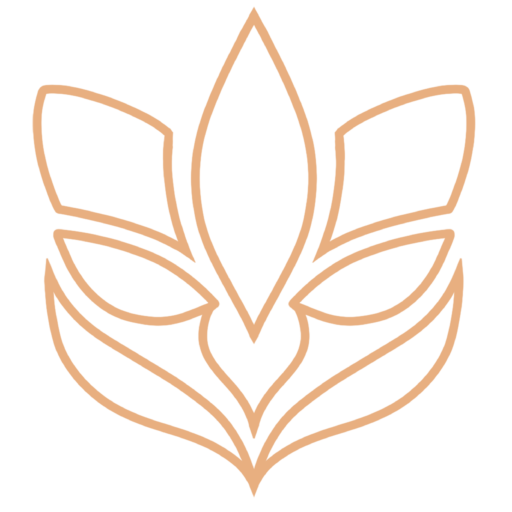Flu season is upon us. Additionally, we now have variations of COVID to worry about, as well as all of the unnamed, random viruses out there. Vaccines can help prevent or lessen the severity of these illnesses, but I get a lot of questions from patients about natural remedies.
Let me start by saying, if I had a cure for the common cold, I’d be the world’s richest person. I don’t, and I’m not. But there are many herbs that can help. It is worth noting that herbal remedies sold out in many stores at the beginning of the COVID pandemic.
So what are the herbs that help to support our immune systems and possibly lessen the severity of a viral infection?
Echinacea (Echinacea purpurea):
Echinacea is often used to support the immune system and is believed to have antiviral
properties. It’s commonly used to reduce the severity and duration of colds.
Garlic (Allium sativum):
Garlic has antimicrobial properties and may have antiviral effects. It’s often used to support overall immune function.
Ginger (Zingiber officinale):
Ginger has antioxidant and anti-inflammatory properties. While it’s not a direct antiviral,
it may help support the immune system.
Licorice root (Glycyrrhiza glabra):
Licorice root has been studied for its potential antiviral activity, particularly against
certain respiratory viruses. It should be used cautiously due to the presence of
compounds that can affect blood pressure.
Oregano Oil (Origanum vulgare):
Oregano oil contains compounds such as carvacrol and thymol, which have shown
antiviral activity in some studies. It’s important to dilute oregano oil and use it with
caution.
Lemon balm (Melissa officinalis):
Lemon balm has been studied for its antiviral properties, particularly against herpes
viruses. It’s commonly used in topical creams or as a tea.
Astragalus (Astragalus membranaceus):
Astragalus is often used in traditional Chinese medicine to support the immune system.
It’s believed to have antiviral and immune-modulating effects.
Mushrooms
Mushrooms contain bioactive compounds that may enhance overall immune function. Reishi, Cordyceps, Shiitake, and others are being studied for their effects on the
immune system.
And, although is a vitamin, not an herb, do not forget Vitamin D3. Studies show that the level in your body is linked to respiratory health. Early research shows a correlation between low Vitamin D levels and the severity of COVID, but more work is needed in this area.
Remember that scientific evidence supporting the use of herbs for treating viral infections may vary, and more research is needed. Additionally, the effectiveness of herbs can vary among individuals. It’s crucial to talk to a healthcare professional before using herbs for antiviral purposes, especially if you are pregnant, nursing, or have underlying health conditions. Herbs should not be used as a sole substitute for conventional medical treatments for serious viral infections.
